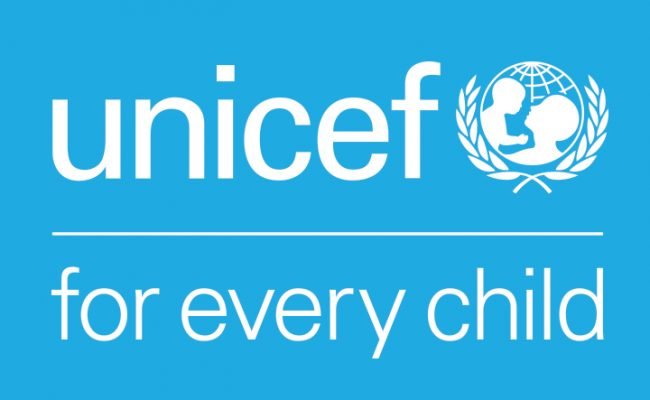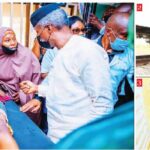
At least 26 per cent of schools in Nigeria’s North-East have been targeted by suicide bombers, according to the United Nations Children’s Fund.
It said an improved system of school data collection, analysis and usage would help bridge the gap caused by protracted conflict in the education sector.
The Chief of the Maiduguri Field Office, UNICEF, Phuong Nguyen, said this in a statement on Tuesday.
According to Nguyen, 50 government education officers in the North-East region have been trained in the collection of quality data with support from the European Union.
She added that the capacity building initiative would serve as evidence to guide interventions in the education sector.
Nguyen explained, “In Adamawa, Borno and Yobe states, 1.9 million conflict-affected boys, girls and adolescents are without access to basic quality education. Since 2012, 31 per cent of all schools in North-East Nigeria have been hit, at least once by bullets, shells, or shrapnel.
“Ten per cent have been deliberately set on fire and 26 per cent targeted by suicide bombers. At 47.3 per cent, almost half of all schools in the region require rehabilitation.”
According to the UNICEF chief, the training will ensure that data on out-of-school children, children attending Tsangaya and Islamiyya schools, and non-formal education pathways will be captured and stored digitally to improve education planning and targeting services to support girls and boys.
“For conflict-affected children across North-East Nigeria, it means one thing – schools will have adequate teachers, more inclusive and child-friendly learning environment, including safe classrooms, gender-segregated toilets and water points as enablers to stay in school, transition, complete their education and contribute positively to the society. This initiative will help improve access to quality education for marginalised children, especially girls and others living with disabilities.”
Copyright PUNCH.
All rights reserved. This material, and other digital content on this website, may not be reproduced, published, broadcast, rewritten or redistributed in whole or in part without prior express written permission from PUNCH.
Contact: [email protected]





